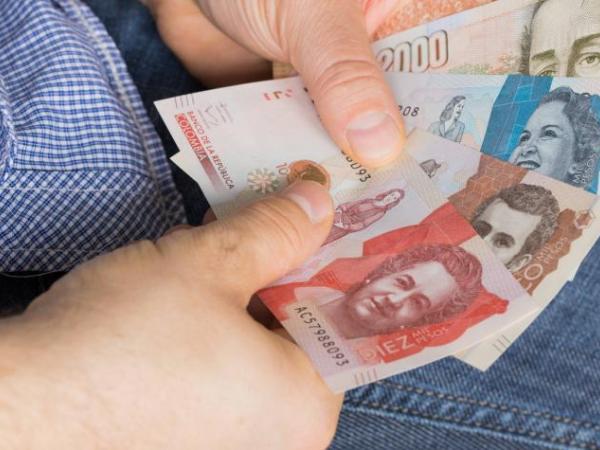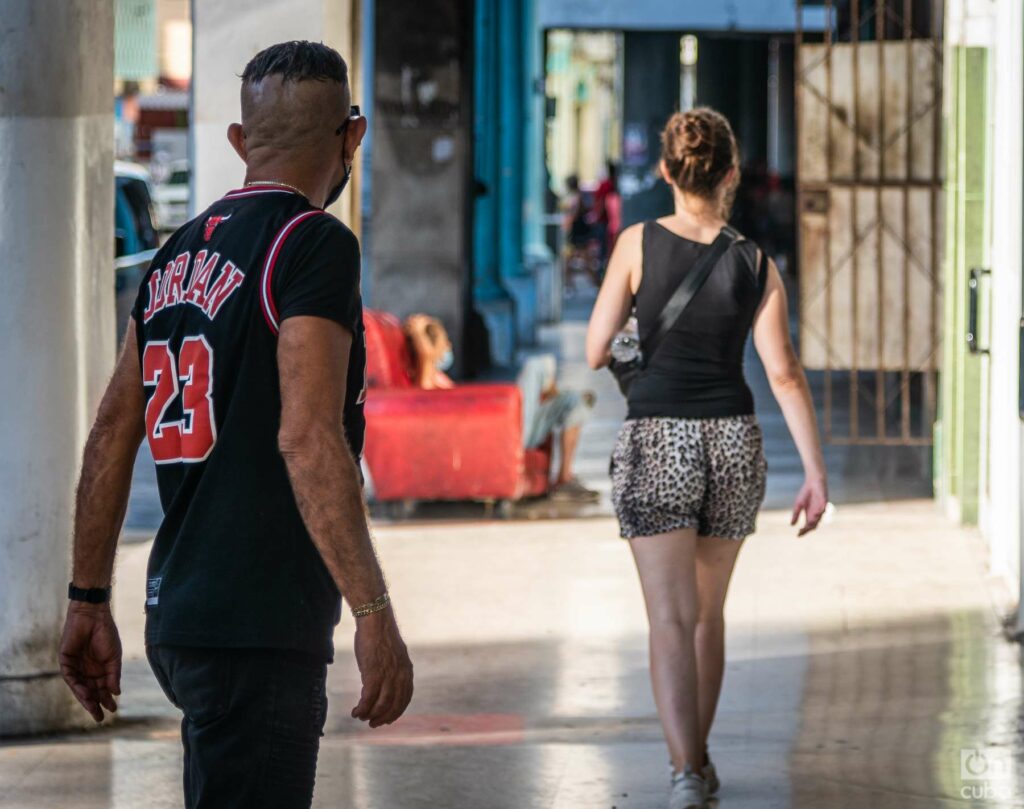This Thursday, January 5, the National Administrative Department of Statistics (Dane) revealed the annual variation of inflation for 2022, which is located at 13.12%, the highest since 1999 and well above market projections of less than 13%.
(See: Market reactions and economic sectors to inflation in 2022).
After this data, which serves as a reference for various adjustments and increases for 2023, as the price of the leasesamong others, several experts reacted and expressed their concerns.
The 2022 data was influenced, above all, by thel food hikeand this data presented a variation of 27.8%.
(See: How the readjustment of commercial leases in Colombia is applied).
But what were the possible reasons so that inflation does not go down? Here we tell you.
Inflation
iStock
As Mauricio Cárdenas, economist and former Finance Minister of the government of Juan Manuel Santos, explained on Twitter, “Inflation without food and without regulated prices (fuel, public services, etc.) has a worrisome trend. It is not an inflation of costs or supply. There is an element of demand, to be sure.“.
He added that “For the Government it must be a priority to lower inflation, otherwise the political cost will be very high. But there are no magic formulas: nothing replaces the bitter pill of higher interest rates (…) The Government and the unions must support the work of the Bank of the Republic, undermine confidence in monetary policy makes the measures adopted less effective and generate the necessary confidence for the dollar to fall again“.
(See: The maximum price of the dollar exceeded $5,015 this Thursday).
the investigation team economics of Bancolombia, “For importers it is increasingly complex to bring food either because it is more expensive or because there is less of it in the world”.
For his part, Sergio Olarte, chief economist at Scotiabank Colpatriacommented that “This data is not encouraging and warns that the drop in inflation in Colombia by 2023 will be quite slow due to the high prices of food, data that affects the inflation of demand elements such as restaurants, hotels, travel , among other sectors that have been very dynamic during this time”.
Remi Stellian, professor of the Department of Administration from the Javeriana University, said that a determining factor is the fall of the Colombian peso against the dollar. He explained that this is related to the foreign investment that arrives in the country, since there begins a negotiation between those who bring dollars to invest and some 60 actors accredited by the Bank of the Republic to buy them and that the fewer dollars are available for sale, the they will need more Colombian pesos to buy them.
(See: Market reactions and economic sectors to inflation in 2022).
According to the expert, this has a direct effect on product prices that are consumed nationally and in different sectors of the economy: “The worldwide economic crisis represented much less foreign investment for Colombia. We are talking about a drop of almost 50% between 2019 and 2020, that is, some 7,000 million dollars that have not entered the Colombian currency market”.
BRIEFCASE















